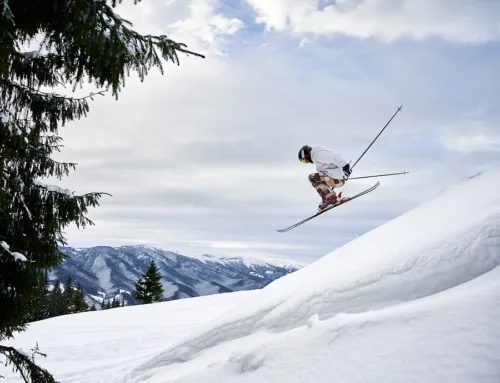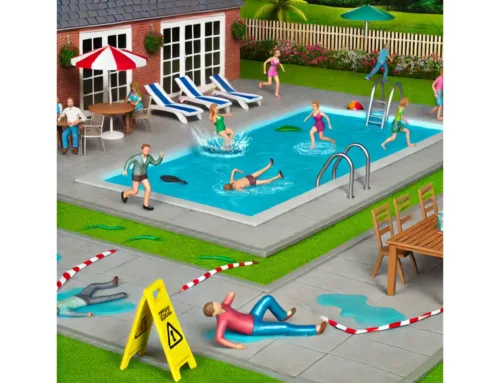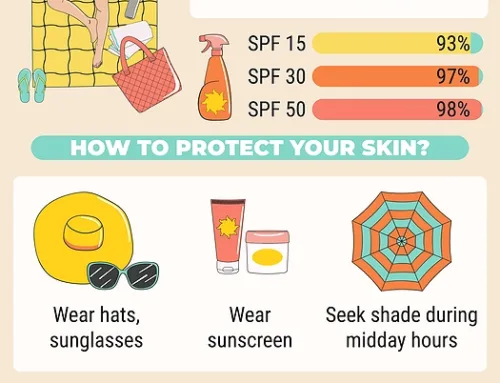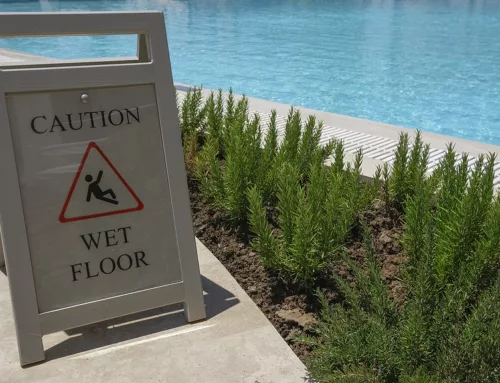Whether you’re traveling for business, recreation, or any other reason, hotels provide a comfortable and convenient place to rest while you’re away from home. Many hotels provide for all the necessities of living, from housekeeping and laundry to food and recreation. But the convenience they provide also imposes a high duty of care toward their guests, as the hotel is in control of so many elements of daily living for the people staying there. A hotel is responsible for maintaining the places where their guests sleep, eat, play, and relax, as well as any transportation facilities the hotel provides, in a reasonably safe condition. If you suffer an injury at a hotel which was caused or allowed to happen by carelessness on the part of the hotel staff, you may have grounds to seek compensation for your injuries under premises liability law, with the help of an experienced personal injury attorney.
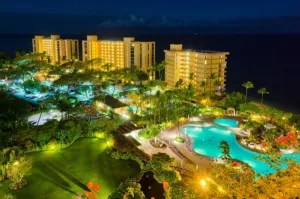 Because the services of a hotel encompass so many aspects of daily life for their guests, the ways in which something can go wrong and result in an injury to a guest are varied. Here are a few of the most common ways in which negligence on the part of hotel staff can cause an accident or injury.
Because the services of a hotel encompass so many aspects of daily life for their guests, the ways in which something can go wrong and result in an injury to a guest are varied. Here are a few of the most common ways in which negligence on the part of hotel staff can cause an accident or injury.
Swimming Pool Accidents
Hotels often advertise swimming pools as a major draw for guests, and while a dip in the pool might be the highlight of your day, it can also be a source of danger if management has been careless. Hard surfaces surrounding the pool are easily splashed with water, becoming slippery unless covered in a non-skid material. Appropriate signage warning of any slipping hazard should be readily visible – alongside signs that inform swimmers which areas of the pool are too shallow for safe diving. Because hotel swimming pools are used by so many people, it’s absolutely imperative for maintenance staff to maintain the right level of sterilization chemicals in the water: too high concentrations irritate eyes or cause adverse reactions, and too low levels allow dangerous bacteria to proliferate and make swimmers sick.
Food Poisoning
Most hotels offer room service, an on-site restaurant, or both. This holds hotel staff that interact with these food service options to the same standards of care as any restaurant employees. Food must be stored at appropriate temperatures to prevent bacterial growth, the expiration dates on packaged foods must be regularly checked to avoid spoilage, and employees that handle food must adhere to strict sanitary standards, such as regular handwashing and/or use of gloves. There is no quicker way to ruin a vacation – and potentially suffer more serious medical complications – than eating food that has spoiled or been contaminated and contracting food poisoning.
Alcohol Related Injuries
Alongside food service, alcohol is also common in hotels, with many establishments having multiple bars and restaurants with alcohol service in addition to room service. While it’s reasonable for guests to want to indulge while on vacation, this places a responsibility on the shoulders of the hotel serving staff to avoid negligent alcohol service. Most obviously this means avoiding over-serving guests to avoid the danger of alcohol poisoning, but it also means having appropriate security on hand in case intoxicated patrons become belligerent and try to assault other guests or attempt to get behind the wheel of a car.
Criminal Activity
A reasonably sized hotel sees large numbers of guests coming and going every day, carrying valuable belongings in compact and easily transported bags. This makes hotel patrons tempting targets for criminal behavior, whether by career thieves who seek out hotels to prey on travelers or by an unscrupulous fellow guest tempted by the opportunity presented by an unattended device. Theft is not the only criminal threat that guests need protection from, unfortunately – whether due to interpersonal conflicts or a more deliberate sinister intent, assault of various kinds is a real danger for hotel patrons, especially if either party has been drinking. Hotels need to maintain adequate security staff and monitoring equipment to protect guests from deliberate attempts to harm them.
Slip-and-Fall Accidents
The lobbies and common spaces of hotels are high-traffic areas, which makes them prone to tracked-in water, mud, and snow in bad weather, and the carpets and floor mats in these areas experience significant wear and tear. Combined with the possibility of maintenance equipment and guests’ personal effects in walking paths, the risk of a guest slipping or tripping can be very high. Especially in the winter, parking lots can become obstacle courses of slipping hazards as well. Proper maintenance is necessary in all these areas to ensure that walking paths are clear of obstructions and hazards that a hotel guest (who may be burdened with luggage or chasing after unruly children) might slip or trip on and suffer a serious injury.
Contact MyNJInjuryLawyer Howard P. Lesnik
If you or a loved one suffered an injury in an accident in NJ, you should contact an attorney familiar with handling these claims. An experienced NJ Injury Lawyer will know how to obtain medical records, videos, photographs, experts, locate witnesses and contact the insurance company so you can make a claim for your injuries.
My NJ Injury Lawyer Howard P. Lesnik, Esq. offers complimentary strategy sessions to address any issue or questions you may have for your injury claim in NJ.
Please contact NJ Injury Lawyer Howard Lesnik, Esq., immediately if you were involved in an accident. I personally handle NJ personal injury cases on a regular basis. Please contact me now by email, by phoning 908.264.7701, or by completing the form to the right to schedule your complimentary 30-minute strategy session. Call me direct and I will answer 5 questions that you have about your potential claim.



